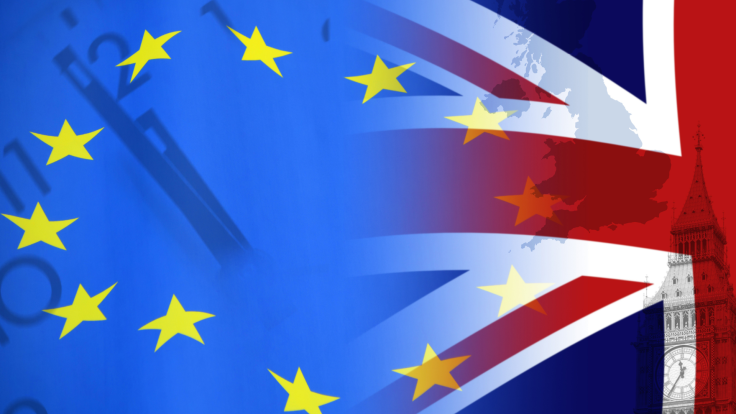Five Years On: Majority of Britons Say Brexit Has Done More Harm Than Good, Survey

Five years after officially leaving the European Union, Britons remain overwhelmingly disillusioned with Brexit. According to new YouGov surveys, the majority believe Brexit has had a negative impact on the economy, businesses, and the UK's global standing. The findings suggest that far from delivering the benefits promised by the Vote Leave campaign, Brexit has left many questioning whether the decision was a mistake.
'Take Back Control'—But at What Cost?
One of the key promises of the Brexit campaign was that the UK would 'take back control' of its laws and sovereignty. However, when asked whether leaving the EU has strengthened British control over its own laws, only 31% of Britons agreed. Meanwhile, 35% said Brexit had made no difference, and 21% believed it had actually weakened UK sovereignty.
When it comes to Brexit's impact on the COVID-19 pandemic, 23% of respondents felt it had a positive effect, while 30% said it made things worse and 32% saw no impact. However, economic concerns dominated, with 67% saying Brexit has worsened the cost of living and 65% believing it has damaged the economy. Additionally, 64% of Britons think Brexit has negatively affected UK businesses.
The impact on the UK's diplomatic standing is equally concerning, with 61% stating it has harmed relations with Europe and 52% saying it has damaged the UK's global reputation. The NHS, which was famously promised additional funding as part of the Leave campaign, is also seen as a casualty of Brexit, with 52% believing it has suffered as a result.
Amongst Leave voters, there remains some optimism, particularly regarding control over UK laws (45%) and the pandemic response (40%). However, dissatisfaction remains high on other issues, particularly trade and immigration, with 50% of Leave voters admitting Brexit has negatively impacted immigration levels.
Support for Brexit at an All-Time Low
Public sentiment towards Brexit has shifted significantly since 2016. A YouGov poll found that only 30% of Britons now believe leaving the EU was the right decision—a stark contrast to the 55% who voted in favour of Brexit during the 2016 referendum.
Support for Brexit is now at its lowest recorded level, with 62% of Britons labelling it a failure. Only 11% believe it has been a success. Even amongst those who voted Leave, 32% admit Brexit has been more of a failure than a success, while 38% believe it has been neither.
Younger generations are particularly opposed to Brexit. Amongst 18-24-year-olds, who were too young to vote in 2016, a staggering 75% believe the UK made the wrong decision.
Despite the widespread disappointment, there is little immediate appetite for rejoining the EU. While 55% of Britons would support rejoining, only 8% consider it a top priority, indicating that while many regret Brexit, reversing it is not seen as an urgent political issue. Instead, 64% of Britons would prefer to strengthen ties with the EU without formally rejoining.
Economic and Diplomatic Struggles
Since Brexit, the UK has faced a series of economic and diplomatic challenges. Trade barriers have disrupted supply chains, businesses have faced higher costs, and exports to the EU have declined. The cost of living crisis, driven in part by Brexit-related inflation, continues to put pressure on households, while foreign investment in the UK has slowed due to the loss of access to the EU single market.
On the diplomatic front, relations with European allies have become strained, and Britain's global influence has diminished. While the UK has sought to forge new trade agreements, many of these deals have been criticised for failing to compensate for lost EU trade opportunities.
The Future of the UK's Relationship with the EU
Although Brexit was championed as a move towards greater independence and prosperity, these latest polls suggest that many Britons now question whether it was worth the cost. The economic fallout, diplomatic tensions, and political divisions have left growing calls for a closer relationship with the EU—though not necessarily full reintegration.
Five years on, Brexit remains one of the most controversial and divisive issues in British politics. Whether the UK will continue on its current path or seek to rebuild ties with the EU remains uncertain, but one thing is clear: the majority of Britons no longer believe Brexit was the right choice.
© Copyright IBTimes 2025. All rights reserved.




















